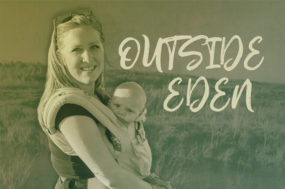The California Alfalfa and Forage Association is a 501(c)(3) public benefit corporation funded by voluntary contributions by California alfalfa growers and related industries to advance scientific research in alfalfa and forage crops.
Nine proposals were received and reviewed by the foundation board of directors. After careful consideration, the board chose to select three projects that focus on weed management. “After looking at the proposals, it made sense to us to focus on one area – weeds – which was a determining factor in our reluctant decision not to fund equally deserving projects focusing on other areas. We do not intend to have a ‘theme’ every year, but we will always favor proposals that address issues that growers face statewide,” said Philip Bowles, Bowles Farming and Foundation Chairman.
The selected projects include the following:
- “Evaluation of weed management in conventional seedling alfalfa” submitted by Mariano Galla, UCCE agronomy and weed science – Butte and Tehama counties
-
“Evaluation of weed management in established alfalfa” submitted by Thomas Getts, UCCE weed ecology and cropping systems adviser – Lassen, Modoc, Plumas and Sierra counties
- “Reducing weed pressure during stand establishment using pre-plant weed germination followed by mechanical or chemical control” submitted by Sarah Light, UCCE agronomy adviser – Sutter, Yuba and Colusa counties
“The foundation board is extremely grateful to growers and other entities for their generous support of the foundation since its inception. Although our goal is to reach a financial threshold where we can fund more projects in greater amounts, the board felt it was important to begin funding a few small projects at this early stage to demonstrate our commitment to support this important research,” said Jane Townsend, executive director of the foundation. “As our funds grow, we look forward to supporting more projects of the many researchers whose work will directly benefit alfalfa and forage growers in the state.” ![]()
—From California Alfalfa and Forage Research Foundation news release









